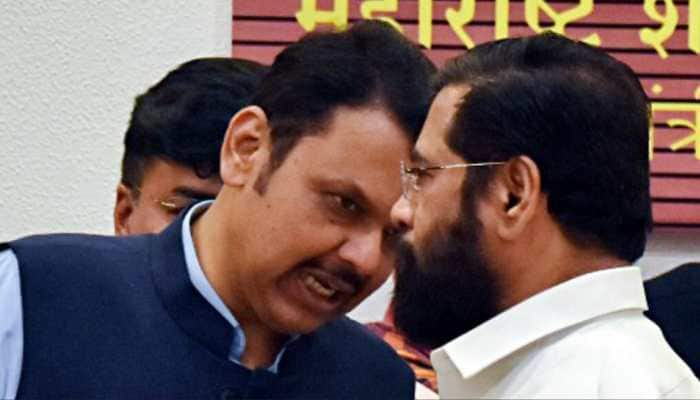CLAT 2021 date announced, exam to be held on July 23 for UG, PG programmes
CLAT is the entrance gateway for admission to 22 National Law Universities across the country. It is organised by the Consortium of National Law Universities consisting of the representative universities. CLAT 2021 exam will be held on July 23, 2021. As notified earlier, the CLAT 2021 will be a pen and paper exam conducted at Centres with all COVID-19 safety protocols being observed, an official said.
- CLAT exam 2021 to be held on July 23
- CLAT 2021 will be a 2-hour long test, with 150 multiple-choice questions
- There will be a negative marking of 0.25 marks for every wrong answer
Trending Photos
) Representational image
Representational image New Delhi: The Common Law Admission Test (CLAT), a national level entrance exam for admissions to undergraduate (UG) and postgraduate (PG) law programmes, will be held in Lucknow on July 23, 2021. The exams were earlier scheduled to be held on June 13. However, the Executive Committee of National Law Universities (CNLU) had rescheduled the CLAT exam dates to avoid the clash with the Central Board of Secondary Education (CBSE) 2021 examinations, which were to begin from May 4. As notified earlier, the CLAT 2021 will be a pen and paper exam conducted at Centres with all COVID-19 safety protocols being observed, an official said.
The online application process had started on January 1, 2021
CLAT is the entrance gateway for admission to 22 National Law Universities across the country. It is organised by the Consortium of National Law Universities consisting of the representative universities. Registrations for the examination closed on March 31.
The CLAT 2021 for undergraduate admissions is a 120-minute test, with 150 multiple-choice questions carrying one mark each. There will be a negative marking of 0.25 marks for every wrong answer. These questions would be divided across the following five subjects, namely, English language, current affairs including General Knowledge, legal reasoning, logical reasoning, and quantitative technique.
The PG-CLAT 2021 will be of 120 minutes duration, with the first section including 100 objective-type questions carrying one mark each. There will be a negative marking of 0.25 marks for every wrong answer.
The second section will require candidates to write two descriptive essays.
Candidates who score 40 per cent (35 per cent in case of SC, ST, and PWD) marks in the objective section will qualify for the evaluation of their answers in the descriptive section.
Stay informed on all the latest news, real-time breaking news updates, and follow all the important headlines in india news and world News on Zee News.
Live Tv







)
)
)
)
)
)
)
)
)
)
